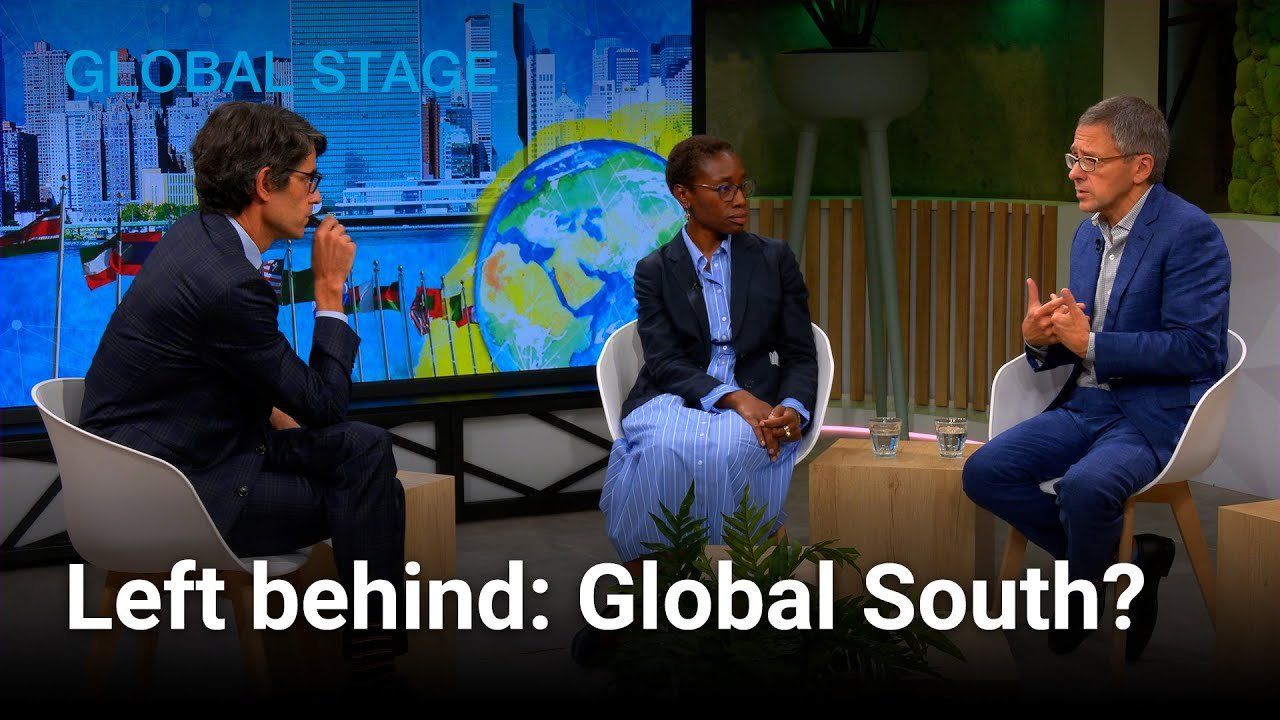
Frustrated with the lack of equitable access to vaccines, economic challenges, and climate change impacts while wealthier countries fail to fulfill their pledges, the Global South is angry and mistrustful, said Ian Bremmer, president of Eurasia Group, during a Global Stage livestream event at UN headquarters in New York on September 22, on the sidelines of the UN General Assembly.
"They feel like their agenda is irrelevant, that they are the takers, not in any way the collaborators or makers on the rule space and how we're going to deal with global governance challenges," Bremmer says.
Its leaders, however, have already started acting to position themselves as key players in the global governance discussions. Before the United Nations General Assembly, dozens of world leaders met for the first-ever Africa Climate Summit in a bid to take agency. They are set to advance the conversation at the COP28 in Dubai next month.
The discussion was moderated by Nicholas Thompson of The Atlantic. It was held by GZERO Media in collaboration with the United Nations, the Complex Risk Analytics Fund, and the Early Warnings for All initiative.
Dive into the conversation to learn about how countries like Brazil and India are shaping the AI space: Can data and AI save lives and make the world safer?
- What Africa has to say about climate change ›
- Ukraine’s war and the non-Western world ›
- The new BRICS expansion and the Global South agenda ›
- Vaccine diplomacy: China in the Global South ›
- AI for all: Leave no one behind, says Microsoft's Brad Smith - GZERO Media ›
- AI is an opportunity to build trust with the Global South: UN's Amandeep Singh Gill - GZERO Media ›